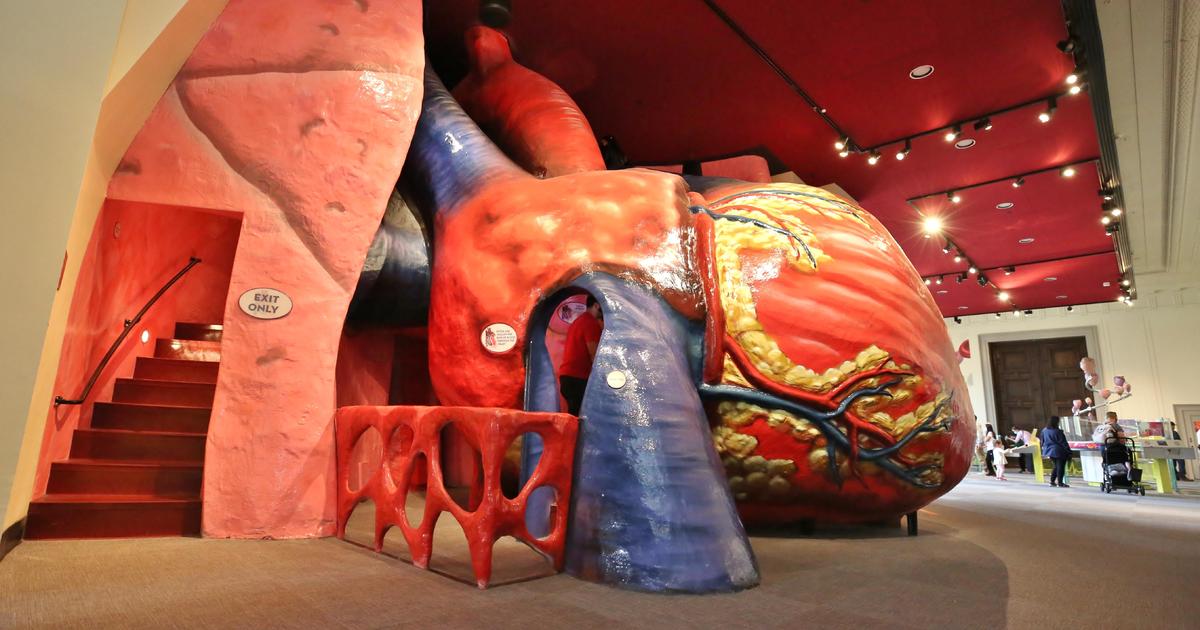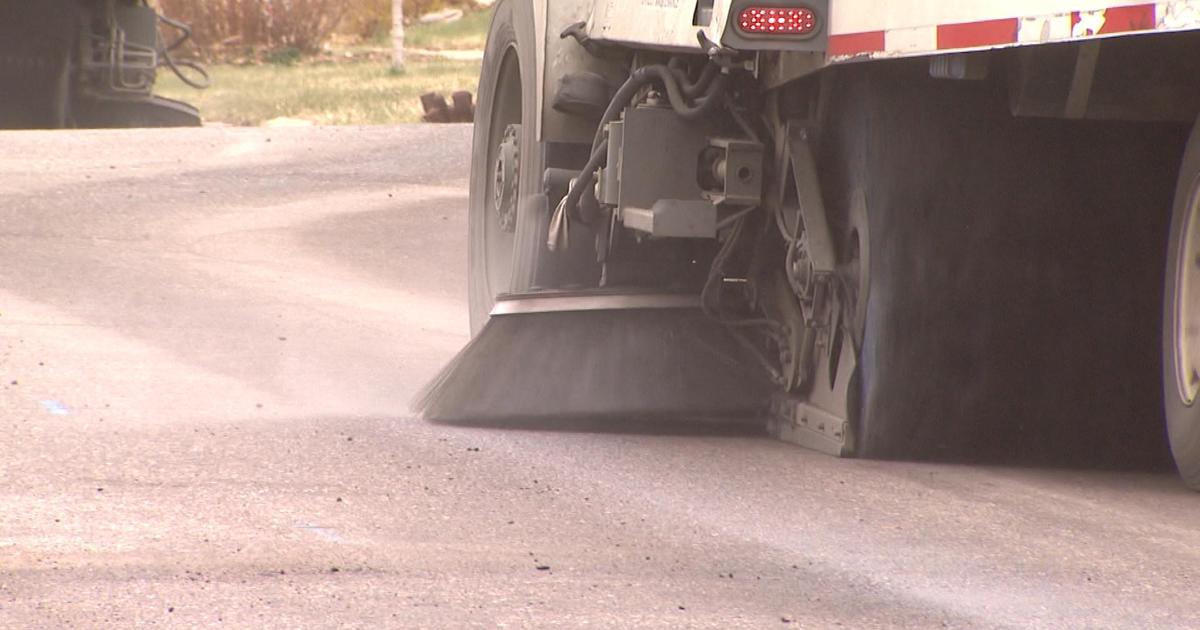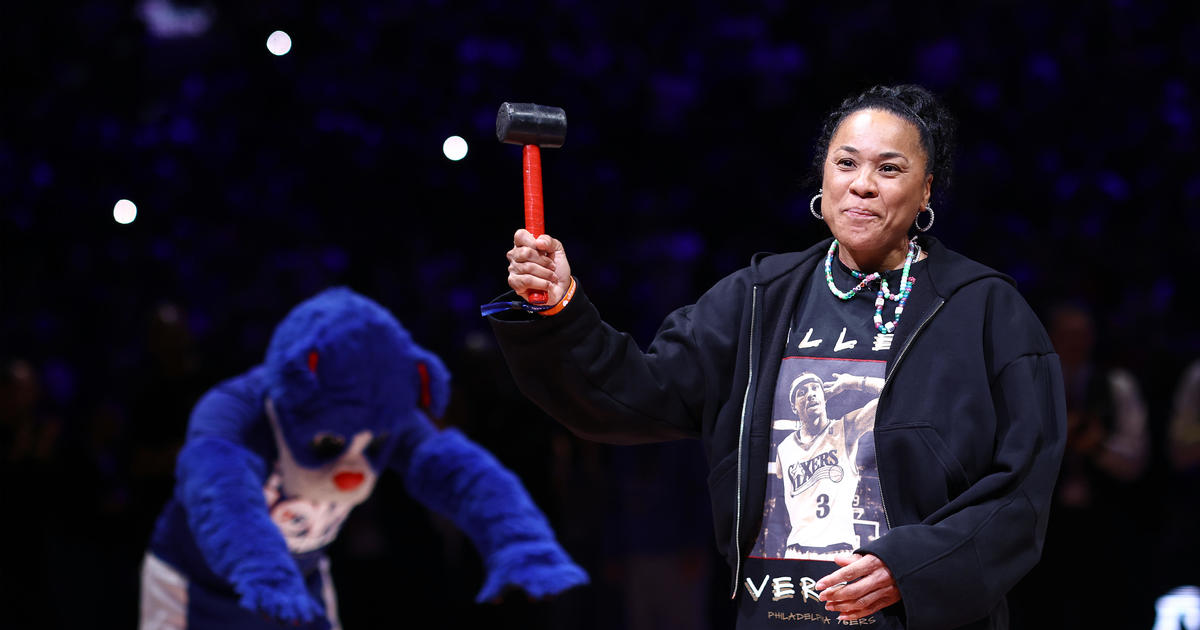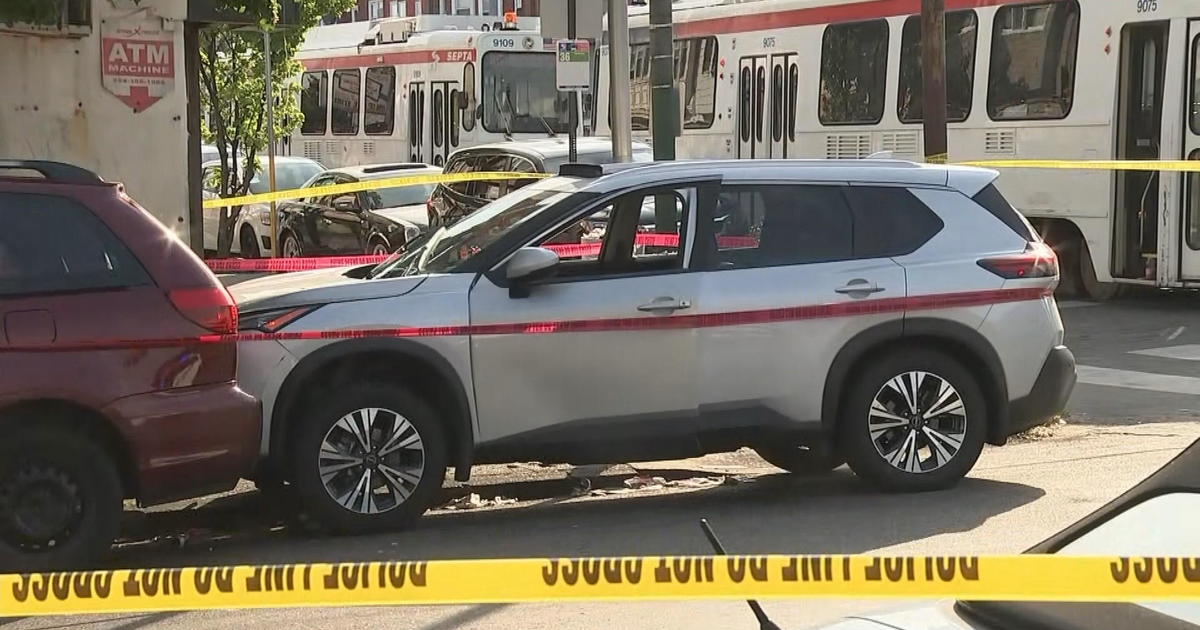Philly Bike Share Program Aims For Low-Cost Access
PHILADELPHIA (AP) — Philadelphia is gearing up to roll out a bike share program that doesn't require a credit card deposit or charge members for short trips up to an hour.
Organizers hope to attract not just tourists and hipsters but also the "unbanked" and other low-income residents who may not have ridden a bike in years.
"I am very much a believer in a bicycle as an amazing tool for transportation and health and wellness," said Katie Monroe of the Philadelphia Bicycle Coalition, who is promoting the program in several low-income neighborhoods. "We can and should be making bikes accessible to everyone."
When the program starts this spring, it will join the dozens of U.S. cities that have begun bike share programs in recent years.
In New York, CitiBike memberships cost $150 a year, $25 a week or $10 a day. Washington's Capital Bikeshare runs $75 a year, $25 a month or $7 a day. The memberships include unlimited 30-minute rides, while longer rides typically cost a few dollars an hour.
Planners in Philadelphia have not finalized their pricing but expect memberships to run a few dollars a week and include free 60-minute rides, according to Andrew Stober, chief of the Mayor's Office of Transportation and Utilities. Some residents surveyed had concerns about having to pay if their trip ran past 30 or 45 minutes.
Will Little, a barber and volunteer mentor in the city's Point Breeze section, a low-income neighborhood in southwest Philadelphia, is already planning ways to incorporate the new bikes into his youth program.
"I'm planning on doing a physical challenge event. Maybe bike share can be one of the things that we do," said Little, 44, who has also told parents about the bike share program. "I think it's a good thing for some of the community members, who are desperately in need of exercise."
In its first phase, the program will distribute 600 bikes among 60 depots in and around the city core. Later the program will expand to other neighborhoods and boast 180 stations in all. Commuters can potentially use the one-way bikes together with bus or subway lines or bypass public transit altogether. Most trips are expected to be less than 3 miles.
Instead of the standard credit card deposit, a foundation will kick in funds to insure the program for theft or loss. But there are other built-in safeguards as well, such as the bike's lack of resale value.
"You're not going to be able to sell a bike share bike on Craigslist. They're going to know for sure they're buying a stolen bike," Stober said. "(And) if you don't pay or the bike disappears, you won't be able to access the program."
Half of the $6 million capital budget for the program will come from the city and the rest from foundation, state and federal funding. Sponsorship money and membership fees are expected to keep the program self-sufficient after that.
Officials have not yet announced the lead sponsor or official name of the program.
Temple University expects to have three depots on campus for students, staff and nearby neighborhoods. Thousands of students commute from other parts of the city.
"It's a really healthy and energizing way to get around the city. And the city's so flat!" said Kathleen Grady, director of sustainability at Temple. "I think it's going to be really popular."
(Copyright 2015 The Associated Press. All rights reserved. This material may not be published, broadcast, rewritten or redistributed.)
You may also be interested in these news stories:



